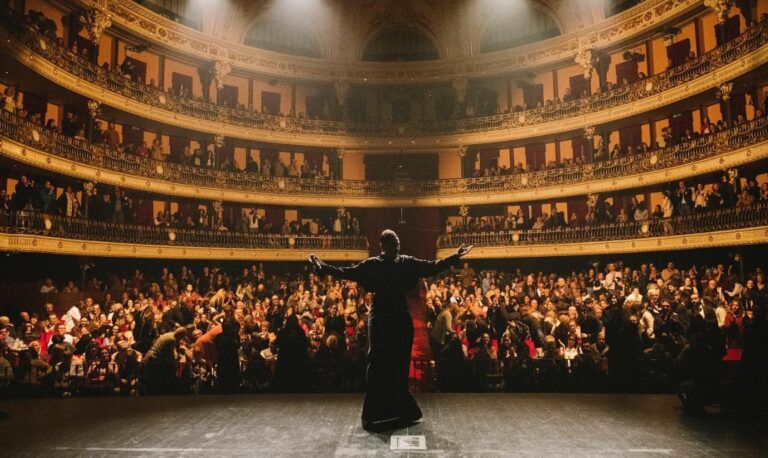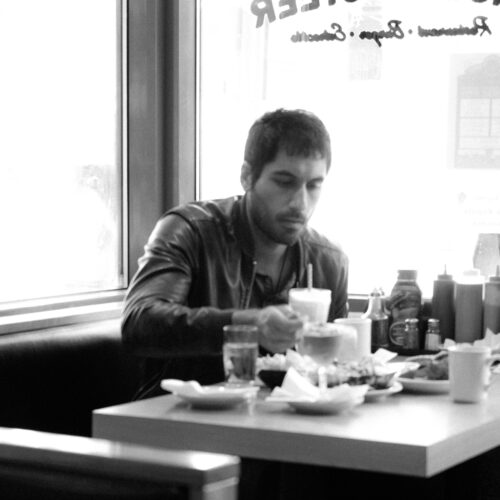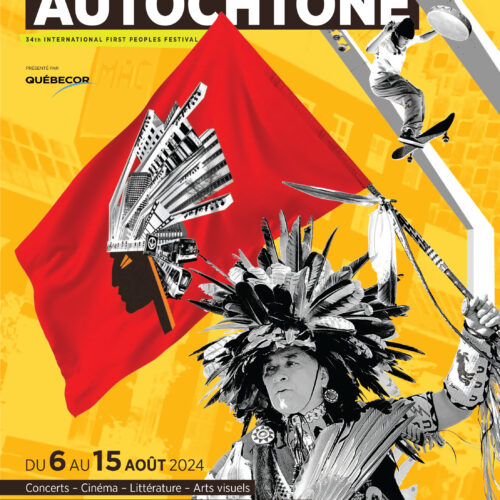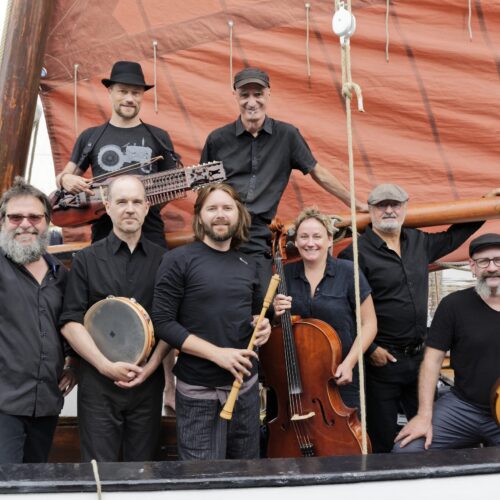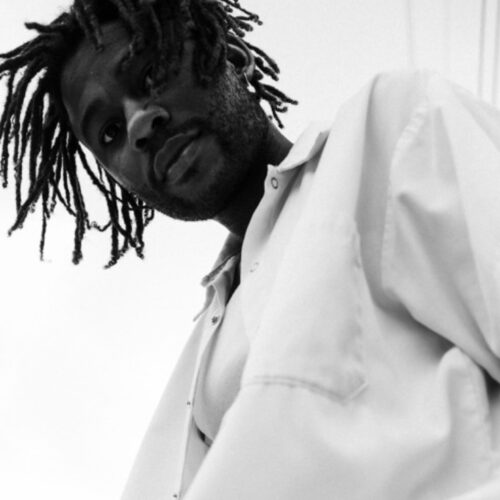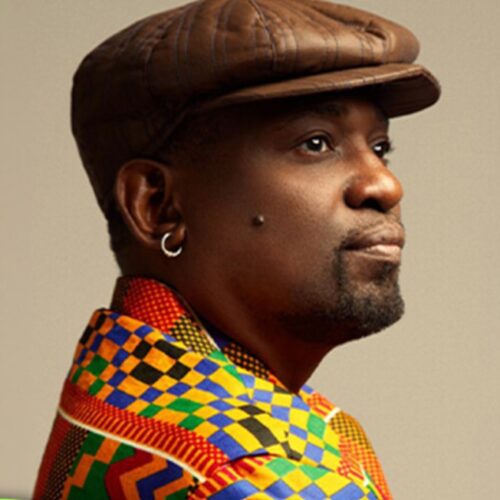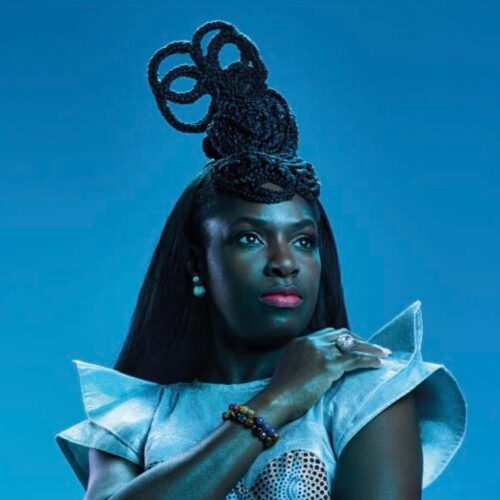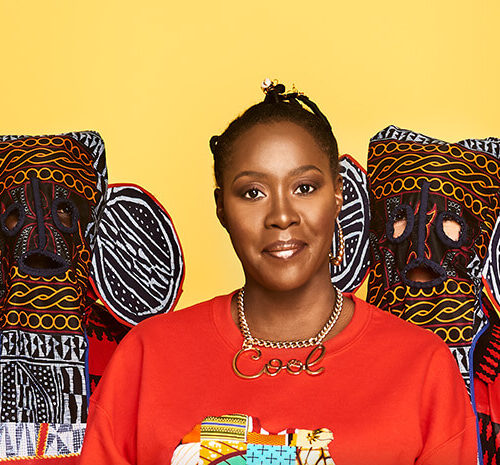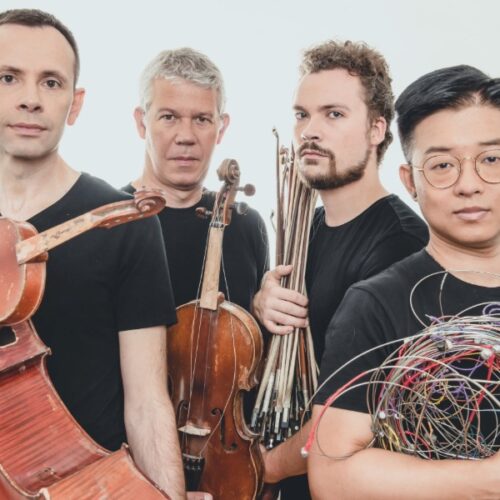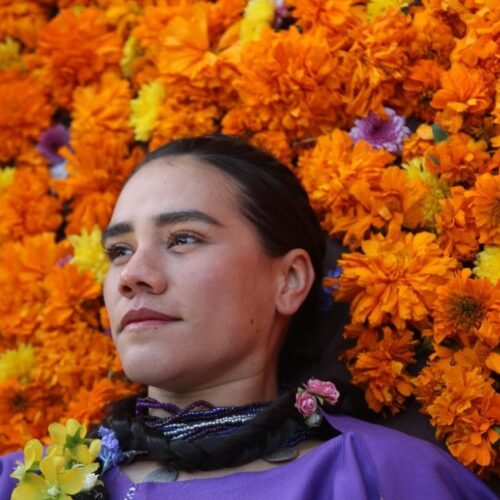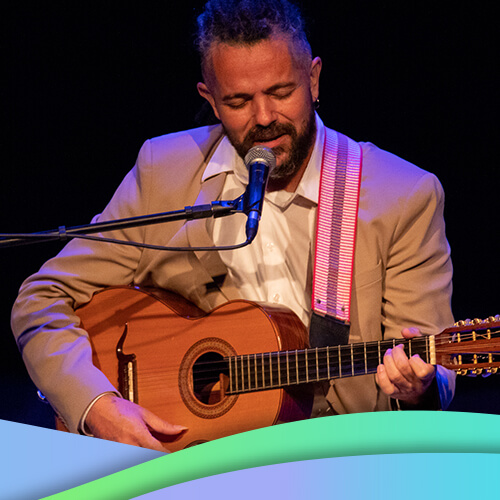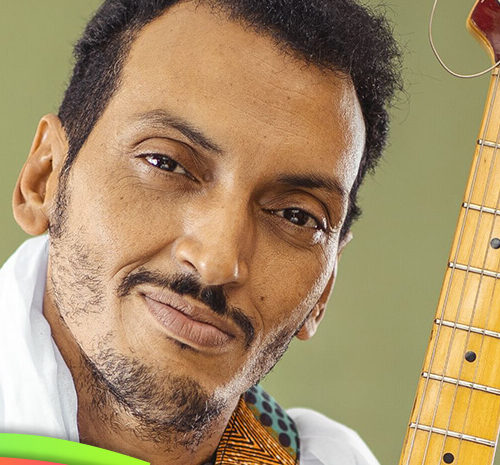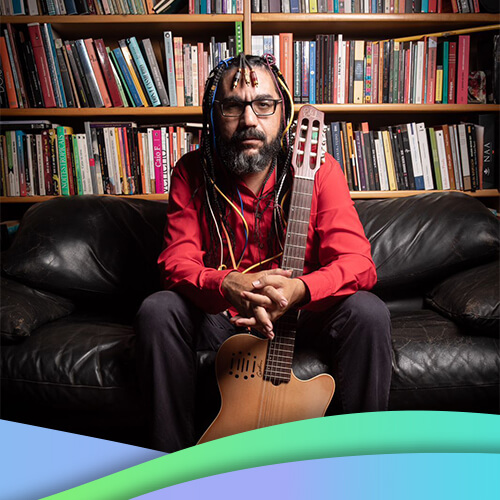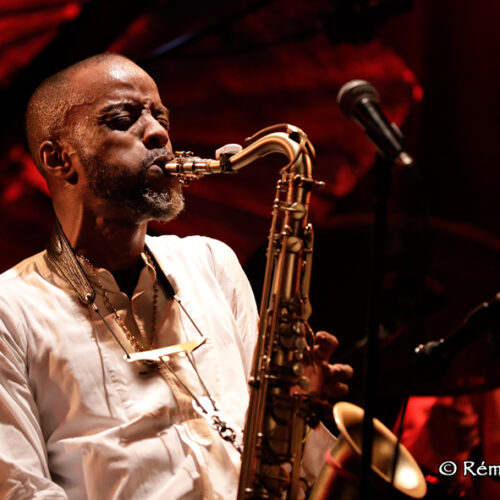Additional Information
The third North American tour of the high priestess of contemporary fado stops next Wednesday, October 18, at Théâtre Outremont. Fans of the genre, including music lovers in our Portuguese community, have already acclaimed Carminho in 2015 and 2019. Without a doubt, this 39-year-old Portuguese artist can lay claim to diva status, and comes to defend the material on her recent album, Portuguesa, on the Warner Music label. Reached this week at the Chicago airport, our interviewee proves to be a (very) strong personality. Carminho knows what she’s talking (and singing) about, and has the confidence and stance of the giants of world music. Read on to find out, as did the author of these lines!
PAN M 360 : Wel are diving in an interesting chapter of your career at the sixth album, Portuguesa. And you’re coming with this material in Montreal? Are you going to sing mainly this material or something else?
Carminho : Mainly the new album, but I always sing some fado from other albums. Sometimes I think also from theTom Jobim album, it depends on the night or the audience and what they ask.
PAN M 360 : Do you sing to the requests sometimes?
Carminho : Sometimes, yes. It’s nice.
PAN M 360 : You’re totally rooted in the tradition. When we listen to your music. I listened to a few albums, and especially the last one. And it’s a very classic approach. How do you see it yourself?
Carminho : Fado is my language, Fado is just a medium to reach what I love to do. It’s not an exercise of memory, so I don’t see myself as a traditional singer. Well I see myself as a traditionalist, but I use it to serve my own speech, a sensibility according to my age, my generation, my experience today. Somehow I’m contaminated by the music of my generation, music that I listen to, artists that I see and that inspire me. So there’s a lot of new things running ! And I also see some experimental opportunities in my own style of Fado. For me, it’s not something that is over, you see, the tradition is not finished at all. Fado is so alive, so dynamic, we are doing and continuing what we believe that can be done. Fado could be a lot of things, it depends on each artist.
PAN M 360 : So your relation with tradition is sort of endless renewal.
Carminho : It’s a dynamic relationship and I don’t have the pretension to change Fado. I’m just practicing my art and small things happen through my own experience.
PAN M 360 : Then in what way the modern times your generation is influencing Fado formally in your music, in your expression and your singing?
Carminho : It’s not easy to give examples because it’s a process in the studio; when you practice or record, you are open to new textures, new instruments. My experience in Brazil for example; while working with them, I was so inspired by their freedom for sharing different ways of writing songs or playing. When I dig in the old traditions, I also find that artists have built their own repertoires originally, not just doing classical or standard. For example Marceneiro composed all his Fados, so he was a progressive artist of his time. So I was very inspired to compose new traditional Fados because it’s possible, it’s just the way you compose. Also putting new lyrics on old songs is also something that we can do, so we can bring the tradition and say new things.
PAN M 360 : Your instrumentation is, you know, is drawing into classical music from your rendition and revision. So you have Portuguese guitar, you have classical guitar. Interesting. So, you mix different traditions into this one.
Carminho : Yes I have Portuguese guitar and classical guitar which is the traditional Fado instrumentation of, okay, and then the three are the traditional formation. And I also have electrical guitars, lap steel and also Mellotron.
PAN M 360 : Mellotron and lap steel? This is a sort of innovation in a way.
Carminho : This is a process, I don’t use the word innovation because I don’t feel myself innovating. I just I just be myself doing experiences in the studio and being happy with it. I also want to get the emotion through this storytelling you see. Then sometimes new textures and ambience can help the storytelling and for me, Fado allows me freedom. So we can not define what is exactly the true tradition. It may be something different to you. It’s something else to me…
PAN M 360 : You’re right, tradition never ends. It’s not a matter of being revolutionary, you just follow the flow. Expressing yourself through this, something new can emerge without wanting it. If you play Bach, you will find some new ways to express it, but at the same time you must play the score properly.
Carminho : Exactly. There’s something that can contaminate what you’re doing in music, even if you are doing it in a traditional way.
PAN M 360 : You also have been invited to perform work with famous artists. Caetano Veloso is one of them. How was it?
Carminho : I met him in Brazil. So nice! And yeah, he’s a great artist. It became a huge friendship between us. He’s a master, he is a personality, a performer, a musician, a composer that I admire the most. He is one of my favorite artists in the world. And, it’s an honor for me to share the stage with him. We had some interesting discussions about the Portuguese language when I put out my album of Tom Jobim – I have been invited by the family of Tom Jobim to make this album with the original band, that was such an incredible experience. Then Caetano started some discussion with me because he disagreed with my options of Portuguese language and Brazilian Portuguese.So I was looking for my own expression and maybe I was misunderstood. So Caetano has his point of view about my choice. It was incredible to discuss that with him. In the end, he invited me to sing! And then, and then he invited me to tour with him in Portugal. It was an incredible moment for me to be with him to be with his incredible team. A very special moment.
PAN M 360 : Montreal might be also a special moment. After this North American tour, will you work on new projects?
Carminho : I’m always working on new projects, I’m always in the process of getting new repertoire, new opportunities to record with my band.
Carminho sera à Vancouver le 15 octobre, à Montréal le 18 octobre, à Toronto le 21 octobre. Elle interprétera la matière de Portuguesa,son plus récent album, répertoire assorti de chansons enregistrées antérieurement.
PERSONNEL :
Carminho : chant
André Dias : guitare portugaise
Flávio Cardoso : viola de fado
Tiago Maia : basse
Pedro Geraldes : guitare lap steel
_______________________________________
